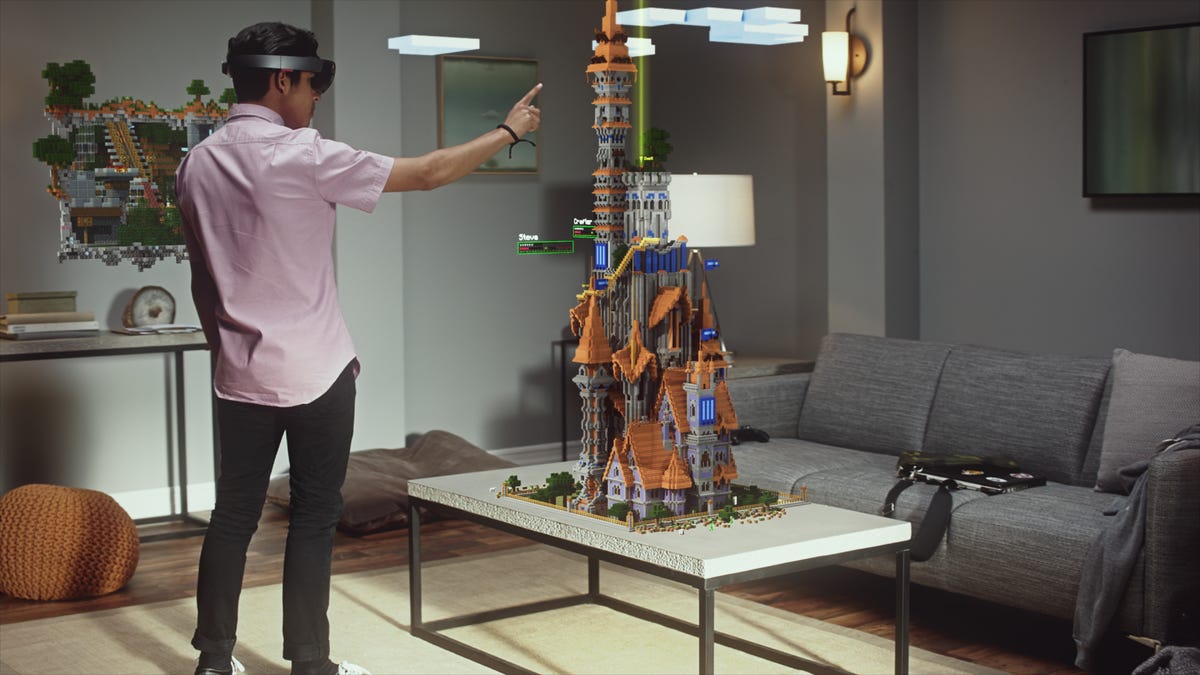Xbox VR? Don’t bet on it.
Microsoft doesn’t see the need to produce its own virtual reality headset — and even if it did, that headset probably wouldn’t plug into an Xbox game console in the same way that rival Sony’s PlayStation VR headset works.
“Would we ever do our own VR device? We could, if we thought we had something unique to add,” Phil Spencer, head of Microsoft’s Xbox division, said in an Feb. 25 interview. “I don’t think the unique add is to plug into the Xbox One console. That’s not the magic unlock to me.”
Virtual reality is about to become an actual reality for gamers who are willing to pay the price, with soon-to-be-released headsets promising to teleport you to other worlds. Many major tech companies are preparing VR devices, including Facebook, Google, Sony, Samsung, and phonemaker HTC. So far, Microsoft has been conspicuously absent.
These are the Xbox One and Windows 10 games you’ll be playing this year (pictures)






Though Spencer recognizes that many Xbox One owners would want VR to be part of their gaming experience, he says there may be too many cooks in the virtual reality kitchen. “If we didn’t think any of the device manufacturers were offering that, we’d have to go do something to help fill that gap,” he said.
The “gap” Spencer referred to is between this spring, when the Oculus Rift, HTC Vive, and Sony PlayStation VR headsets are slated to hit the market, and the eventual consumer release of Microsoft’s own HoloLens visor. HoloLens lets users interact with computer generated objects that appear to exist in the real world, also known as augmented reality or AR. This is different from VR, which blinds users to the real-world and immerses them in a completely virtual one. (Microsoft has repeatedly said it’s not planning a consumer release for HoloLens anytime soon — it’s for developers right now.)

 Enlarge Image
Enlarge ImageMinecraft, as it would look inside a Microsoft HoloLens headset. Microsoft is bringing Minecraft to the Oculus VR platform first, though.
Microsoft
Microsoft may also be backing off from building its own VR headset because it doesn’t need to. The company has an agreement with Facebook’s Oculus VR to provide Xbox One game controllers with each Oculus Rift headset, and to let Rift owners stream their Xbox games to a virtual living room. Microsoft is also bringing the hugely popular Minecraft to Oculus as well.
The electronics giant could still change its mind, said Gartner analyst Brian Blau. “The market for VR headsets is just getting started and if Microsoft wanted to enter the market this year or next year, it would not be too late.”
For now, the Xbox chief says he wants to make sure Windows is a great platform for virtual reality game development, one that supports Facebook’s Oculus VR and Valve (co-creator of the HTC Vive) in their attempts. He seems content letting them be the ones to interface directly with gamers — so long as Windows is the platform where they live.
“We definitely want to be the middleman,” Spencer said.



